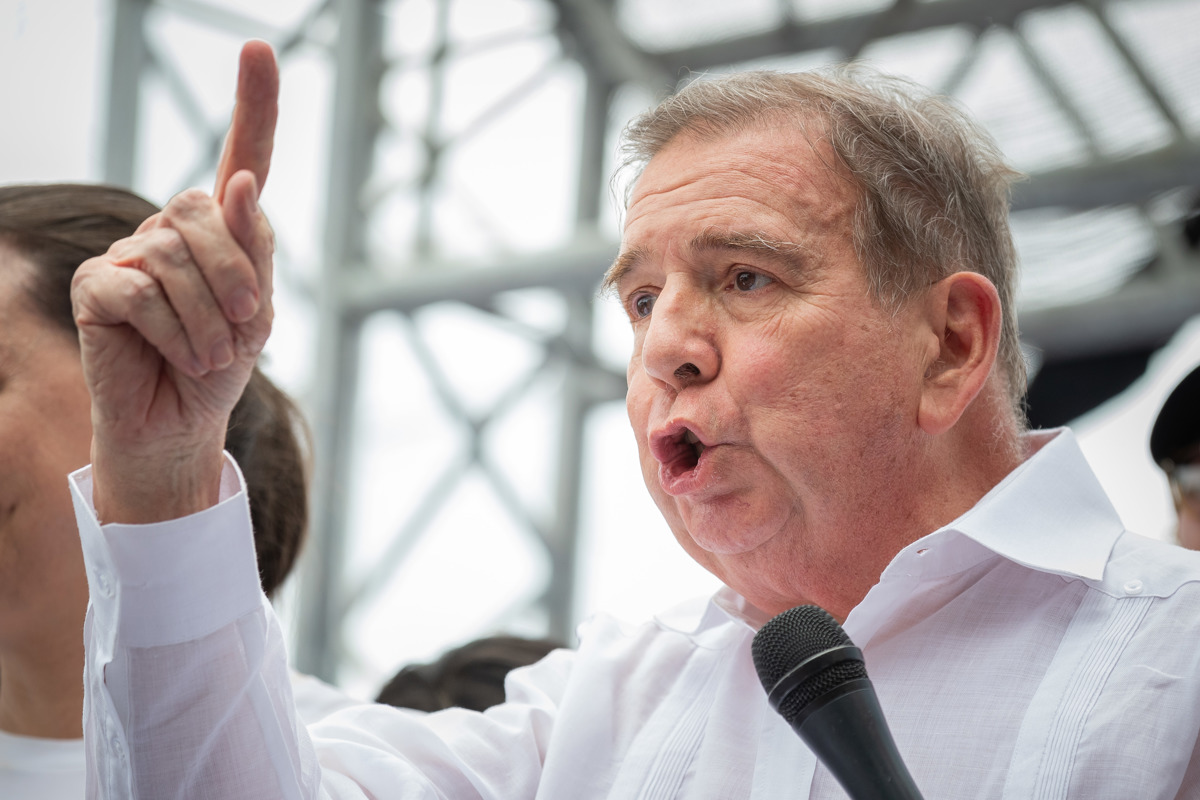Its legal and political implications

González Urrutia left Venezuela on Saturday night, September 7, after the Public Prosecutor’s Office requested an arrest warrant against him for the alleged crimes of usurpation of functions and sabotage, among others.
There are still many questions about his departure, including: if opposition leader María Corina Machado was aware of González Urrutia’s decision to request asylum in the European country and whether he was aware of his departure from the country that day, although there are also doubts about the terms under which an agreement was reached for the regime to allow the diplomat to leave with a safe-conduct pass.
His departure has also created a climate of uncertainty in Venezuela about the future of the opposition’s political project, which has promised that González Urrutia will take office on January 10, 2025.
In the midst of this panorama, José Vicente Haro, the opposition lawyer, speaks with The Weather on the legal and political implications of the exile in Spain of the standard-bearer of the Democratic Unitary Platform.
Tensions between Caracas and Madrid
González Urrutia’s exile also comes at a time when diplomatic relations between Spain and Venezuela are going through a period of tension. Last week, Maduro summoned the Spanish ambassador to Venezuela and called his representative in Madrid for consultations, following statements by the Spanish Minister of Defense, Margarita Robles, who called the regime a “dictatorship.”
Besides, Maduro’s government raised tensions this weekend with the arrest of two Spaniards for their alleged involvement in an alleged operation to carry out “terrorist” acts in Venezuela, including the assassination of Nicolás Maduro.
Spain, through its Ministry of Foreign Affairs, denied that it is involved in a “political destabilization operation” in Venezuela and has “absolutely rejected any insinuation” in this regard.
The Spanish government has not recognised the victory attributed to Nicolás Maduro and is calling on the authorities to publish the electoral records, and has not recognised the victory claimed by the opposition, as requested by Congress, with the votes of the PP, Vox and the nationalist PNV.
Grupo de Diarios América (GDA), to which El Nacional belongs, is a network of leading media outlets founded in 1991, which promotes democratic values, independent press and freedom of expression in Latin America through quality journalism for our audiences.
Independent journalism needs the support of its readers to continue and ensure that uncomfortable news that they don’t want you to read remains within your reach. Today, with your support, we will continue working hard for censorship-free journalism!
